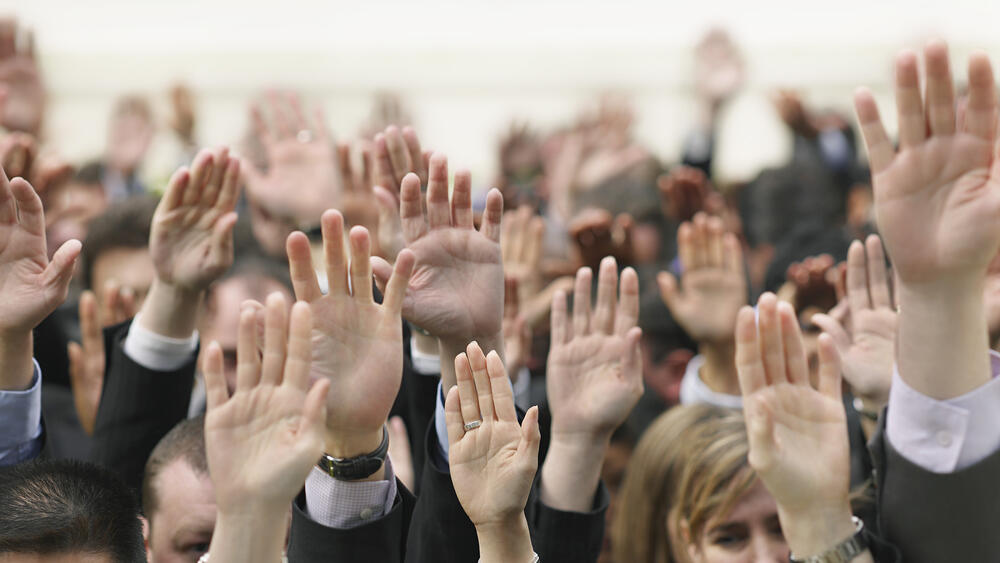All those Israelis who voted for convicted criminals such as Aryeh Deri or Itamar Ben-Gvir, or for someone still facing trial like Prime Minister Benjamin Netanyahu, are simply voicing their distrust of the judicial system.
Some will argue they do trust the system but the need for a strong leader like one of the abovementioned three overshadows their confidence in the judiciary.
Truth is people like powerful leaders, and find it all but natural that the powerful make use of their clout. If he fails to do so, they simply won't consider him a true leader. Some admit to it full-throatily, while others keep it to themselves.
I remember a story a senior security official once told me about a Palestinian leader whose home in the West Bank was bombed and one of the walls collapsed, revealing a gilded jacuzzi inside.
The defense establishment was certain this would harm the leader's reputation after his corruption had been exposed, but in practice, the exact opposite had happened and he became even more popular. We ourselves aren’t so different and many of us admire power and corruption.
But there is nothing new under the sun. In the first Book of Samuel, the people of Israel demanded Prophet Samuel appoint a king. Samuel tried to explain to them that a king would abuse and exploit the people in various manners, but the people were adamant. The Bible can teach us a bunch about how societies that shun democracy think.
Democracy isn’t a given and requires a certain tradition and psychological framework as prerequisites.
The Americans would attest to this, having invaded Iraq two decades ago to bring democracy to its people who in turn are still wallowing in their own blood to this day.
In order to think in terms of individual rights and self-realization — essential values in every democratic society — the individual must first separate himself from the group, free himself from its pressure and concentrate on himself.
This process, which has been ensuing in the West for the last 500 years, has engendered creativity, science, and democracy.
Creativity that comes from within is the opposite of an imitation that comes from outside; science is the opposite of religion and a man of science places his trust in himself and his knowledge and not in a higher power.
At the end of this democratic process, the individual freely chooses the ruler who serves him, and not the other way around, as happens in a dictatorship where the individual is a servant to the ruler.
In non-democratic societies, the individual is looking outward for authority and fears it, and thus he struggles to accept personal responsibility. Authoritarian parents common in traditional societies encourage this pattern of behavior even into adulthood.
And this leads us back to square one: Why do citizens consciously elect corrupt leaders and those who harm their democracy? How did some regimes become undemocratic using the democratic process?
Answer is that we are still a tribal society and many of its people are looking outward and demanding a strong authority figure.
These individuals are less concerned about individual rights and their own self-realization, and ask for greater group cohesion and a sense of power.
These are signs that Israel is on its way to becoming a third-world country. Corrupt people are getting elected to the seat of power, changing the rules so that they can get away with whatever they please and then chest-thump about bringing about order.
But we must not blame them. We elected them, and by a considerable margin.
Let’s face it, we like corrupt people who abuse their power. We empathize with them, perchance out of hope we just might become them.
Ofer Grosbard is a clinical psychologist, cultural researcher, Israeli writer and lecturer at Tel Aviv University.




